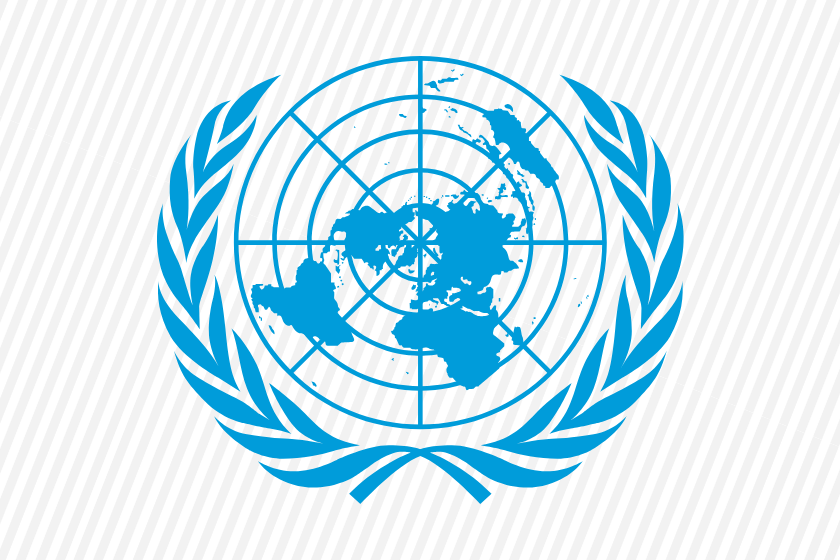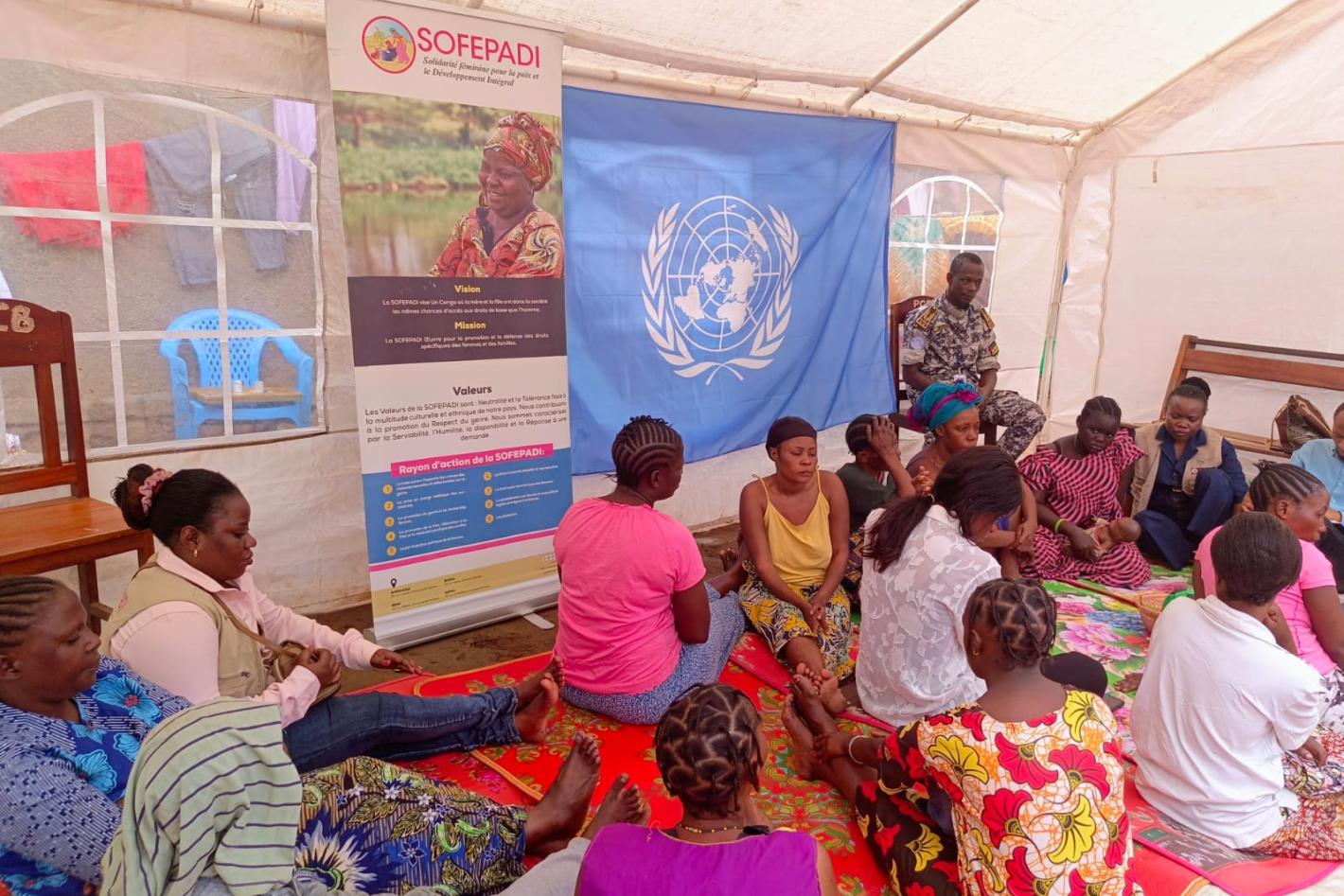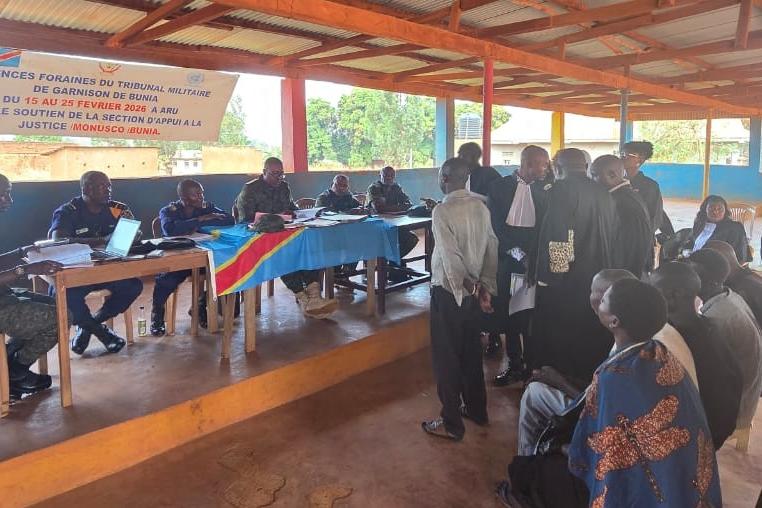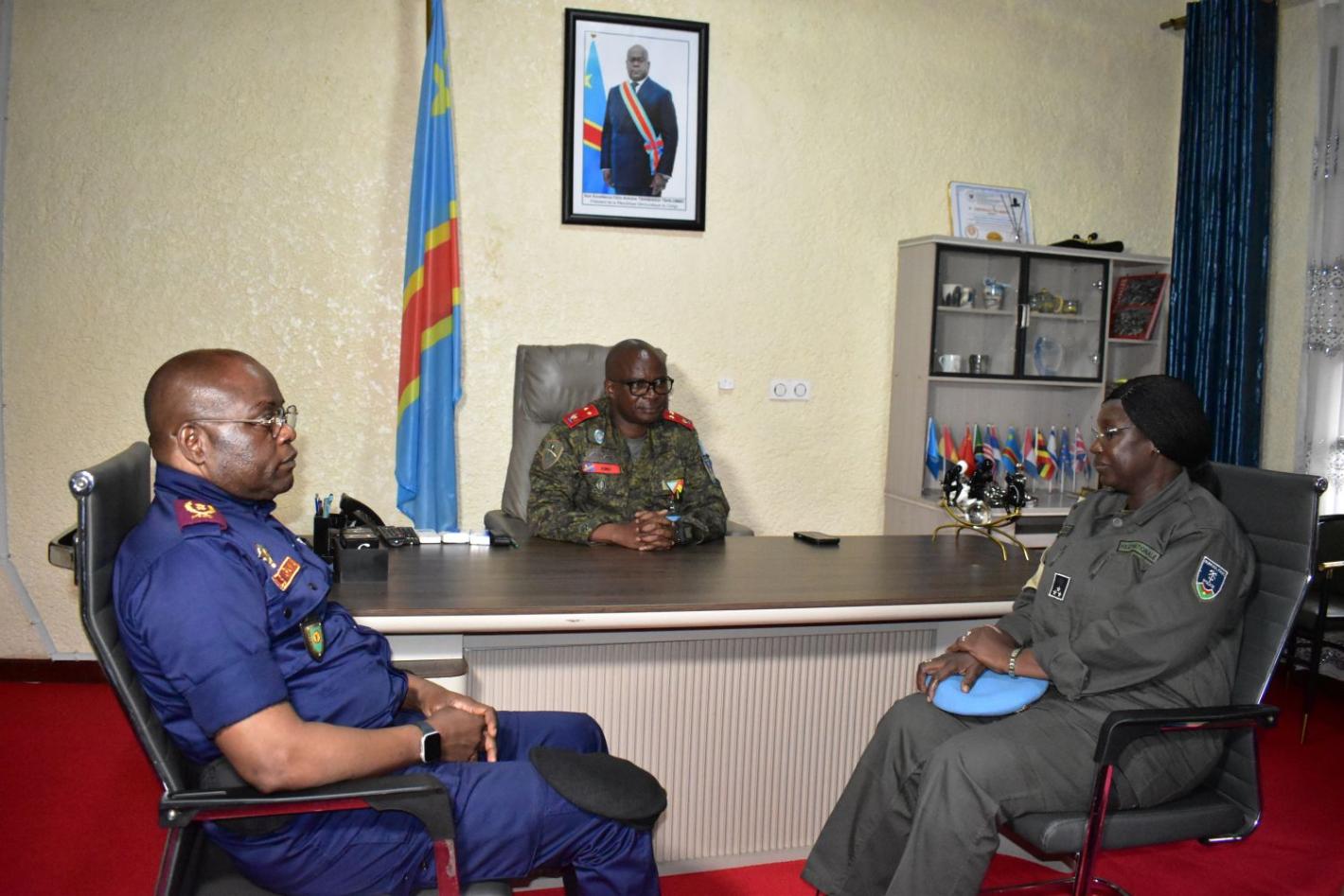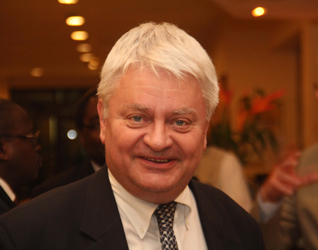
By Hervé Ladsous*
There is an African saying that "One hand cannot tie a bundle". Very few proverbs describe the United Nations Department of Peacekeeping Operations so well.
The success of a peacekeeping mission requires the participation of so many hands: those of the Security Council which approves it, those of troop and resource-contributing countries and those of the host country.
Peacekeeping is a global partnership at the centre of which is Africa. Presently, seven out of 17 UN missions are deployed in the continent. African countries are active partners of peacekeeping.
First of all, the governments of host countries are working closely with these missions with a view to establishing peace and security in their countries which have been beset by several years of conflict. The Blue Helmets embody the hope of peace for millions of people. Governments, civil society and the international community especially, consider that security and stability are prerequisites in meeting humanitarian needs and in overcoming challenges to economic development.
At the Security Council, African countries take part in the formulation of mandates for peacekeeping missions. At the General Assembly, they are involved in budgetary and political issues, which have an impact on the security situation in the continent.
Thirty-five African countries currently contribute about 40,000 men and women in uniform to peacekeeping operations across the world. They represent more than a third of Blue Helmets.
The place of Africa in peacekeeping operations probably explains why the continent is the scene of the most significant innovations.
The protection of civilians is the priority mandate of our most important missions deployed on the continent. This is particularly the case in the Democratic Republic of the Congo where many are living under the threat of armed groups and acts of sexual violence; in South Sudan, where Blue Helmets are supporting government efforts to prevent violence between communities; in Darfur, where the African Union - United Nations Hybrid Operation has helped establish security and stability; or even in the Abyei region locked between Sudan and South Sudan, where Blue Helmets are contributing to stability.
In Somalia, the United Nations is assisting the African Union Military Observer Mission in Somalia (AMISOM) by providing logistics. The Division of Mission Support, the Siamese twin of the Department of Peacekeeping Operations, brings a multi-faceted support to the AMISOM with a view to assisting the Somalis reconstruct their country. This innovative approach reflects the flexible nature of the partnership between the United Nations Organization and regional organizations.
At the operational level, by streamlining our field presence with the establishment of a regional base in Entebbe, we have become more efficient in providing assistance to missions. We have also stepped up corporation between missions, thereby achieving some cost savings.
The African Union (AU) is also at the centre of our work on the continent. At the AU headquarters in Addis Ababa, the UN now has an office run by a Special Representative of the Secretary-General. Peacekeeping is one of the challenges of this collaboration. In West Africa, the Economic Community of West African States (ECOWAS) stands out as a key partner. Peacekeeping operations deployed in this region have contributed to stabilization in Liberia and Côte d'Ivoire. Given the instability in Mali, we stand ready to act if this was the option decided upon. Our partnership with the Intergovernmental Authority on Development (IGAD) provides avenues towards solutions to the Somali and Sudanese crises. In general, cooperation with AU is good but together we can improve it for the benefit of African people.
The benefits of the partnership between the Department of Peacekeeping and African countries are varied. With host countries, this partnership allows us to stay focused on real needs. Therefore, we are determined to continue discussions with African countries contributing troops in order to improve the flexibility and effectiveness of peacekeeping as a tool for peace and security.
Our collaboration is adding more legitimacy to peacekeeping, and bringing a rich knowledge of the regions and greater efficiency to our actions. As we celebrate the International Day of UN Peacekeepers this May 29, I am reaching out to our African partners so that together we can meet the current challenges to peace and security. Our shared ambition is that of a world without conflict. Our partnership is the most effective means of achieving that goal.
*The author is the Chief of the UN Department of Peacekeeping Operations.


